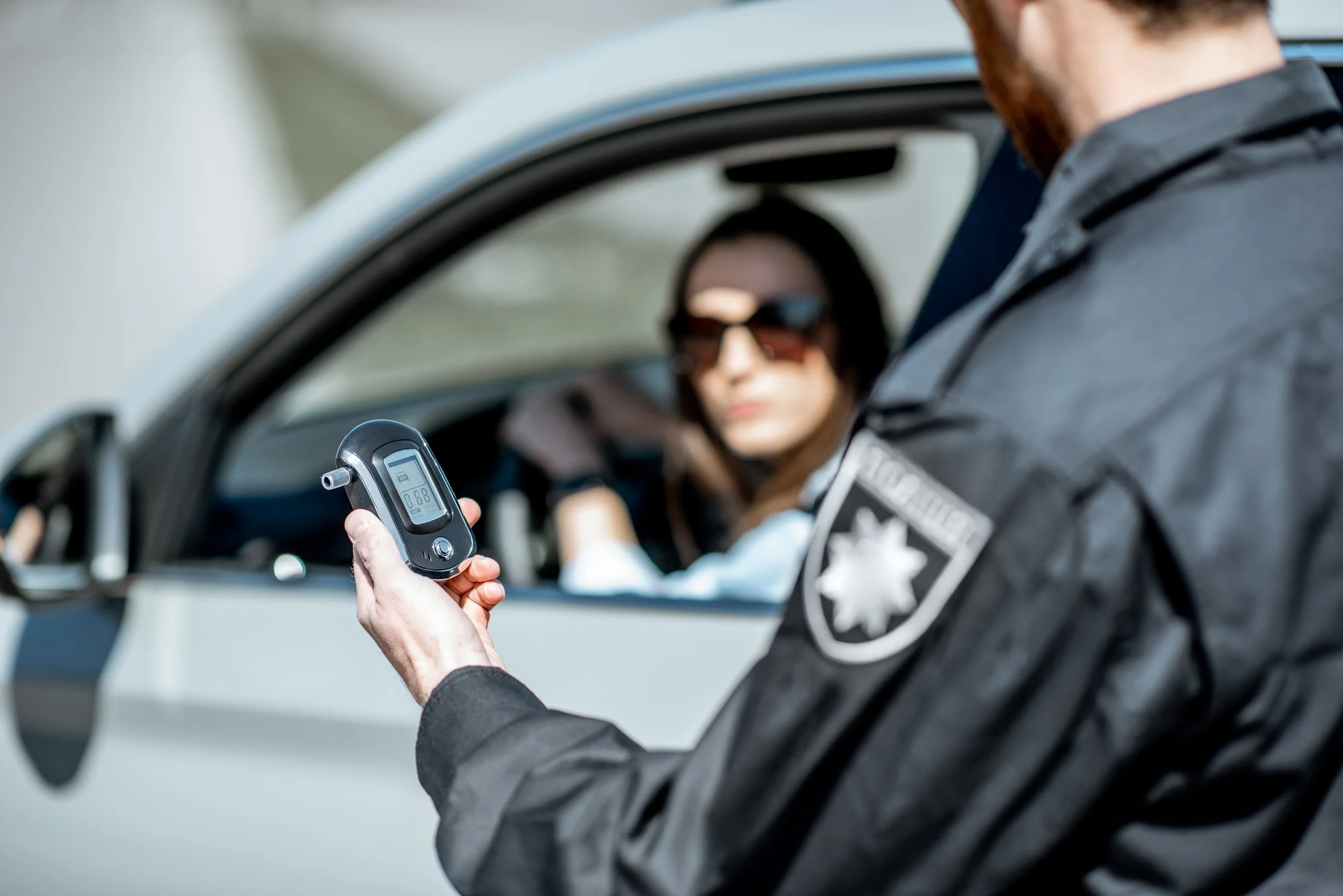
Criminal Defence
OUR APPROACH
We Will Fight for Your Rights
Facing a criminal charge can be one of the most daunting phases of your life. Criminal cases are intricate and unpredictable; it's you against the State. The State's machinery collaborates to prosecute, but you deserve a robust defence. Count on us to support you throughout and advocate for you till the end.
Impaired Driving
Youth
Offences
Domestic Violence
Violent Offences
Sexual Offences
Fraud
Drug
Offences
Property Crimes
Criminal Driving
Impaired Driving
Impaired driving, also known as Driving under the influence (DUI), involves operating a vehicle while under the influence of alcohol or drugs, driving with a blood alcohol level over 0.08, and refusing to provide a breath sample. Consequences include hefty fines, increased insurance rates, imprisonment, and a criminal record affecting travel and job opportunities.
Domestic Violence
Domestic violence cases are unique due to the relationship dynamics. Domestic Violence is not a standalone offence; the term refers to violent incidents among family members or partners. Domestic violence includes various offences, which include but are not limited to assault, threats, property damage, and criminal harassment.
Sexual Offences
Sexual assault involves non-consensual sexual contact or acts violating the victim's sexual integrity. It is a hybrid offence under section 271 of the Criminal Code, punishable by up to 10 years in prison, or 14 years if the victim is under 16 years old. The minimum sentence is one year.
Drug Offences
Drug charges result from an individual's involvement with illegal drugs or substances. They fall under the Controlled Drugs and Substances Act (“CDSA") at the federal level. Federal Crown Prosecutors handle drug cases due to federal jurisdiction.
Youth Offences
If you are between 12 and 17 years old and are charged with a crime, your case falls under the Youth Criminal Justice Act (YCJA). Although the list of offences is the same for youths and adults, special rules apply to youths. The Youth Criminal Justice Act outlines rules and guidelines for courts handling young individuals.
Violent Offences
All violent offences in this category involve harm or violence between individuals. While violence may arise among neighbours, friends, colleagues, or strangers, a significant majority of violent incidents relate to intimate partner violence.
Criminal Driving
Criminal driving includes various motor vehicle offences in the Criminal Code, distinct from violations under Alberta's Traffic Safety Act (e.g. impaired driving vs careless driving). A criminal driving conviction may create a criminal record, while Traffic Safety Act convictions reflect on your Driver’s Abstract.
Various driving violations are categorized under criminal driving, common examples are as follows:
Impaired driving – operating a vehicle while under the influence of either alcohol or drugs or combination thereof
Dangerous driving – causing death or bodily harm while operating a motor vehicle, vessel or aircraft
Failure to stop at the scene of an accident
Refusing to provide a breath sample when requested by a law enforcement officer
Driving without authorization or when disqualified or prohibited
Fraud
Depending on the monetary value of the fraud, an accused may be charged with fraud under $5,000 or fraud over $5,000. With the exception of the monetary value, the elements of the two offences are the same but the punishments are drastically different. A fraud conviction can result in sentences ranging from discharges to significant periods of incarceration.
Property Crimes
In Canada, crimes against property are significant offences. Property offences occur when property is altered, stolen or damaged without permission or knowledge from the original owner. Typically, they involve one but are not limited to one of the following acts:
Breaking & Entering
Being Unlawfully in Dwelling
Mischief
Trespass at Night
Forcible Entry
Possession of Stolen Property

Meet
Kiran Cheema
Kiran is a criminal defence lawyer with extensive experience representing clients in a wide range of criminal matters and Immediate Roadside Sanctions (IRS) cases.









